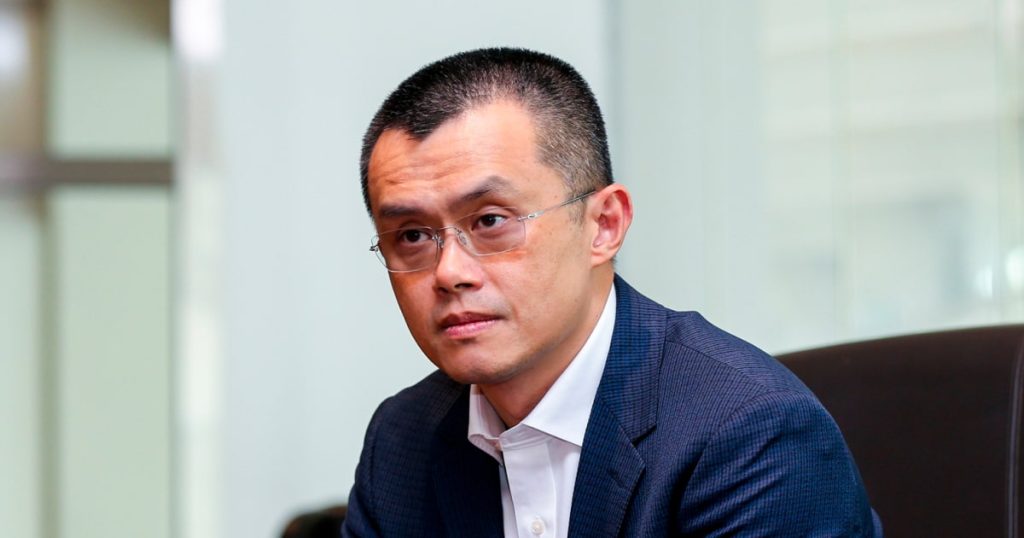U.S. prosecutors are seeking a 36-month sentence for the former CEO of Binance cryptocurrency exchange for enabling money laundering, which is above the suggested advisory guidelines. The prosecutors argue that this sentence would reflect the gravity of his crimes and serve as adequate deterrence. Zhao is accused of failing to implement an effective anti-money laundering program as required by the Bank Secrecy Act, allowing Binance to process transactions involving proceeds of unlawful activity.
In addition to the charges against Zhao, Binance is facing lawsuits from the Securities and Exchange Commission and the Commodity Futures Trading Commission for alleged mishandling of customer assets and running an illegal, unregistered exchange in the U.S. The U.S. government also accused Binance and Zhao of violating the Bank Secrecy Act and sanctions on Iran, resulting in a $4.3 billion fine for Binance and a $50 million fine for Zhao. Zhao stepped down as CEO in November last year after reaching a plea agreement and was replaced by Richard Teng.
Prosecutors claim that Zhao violated U.S. law on an “unprecedented scale” and had a deliberate disregard for Binance’s legal responsibilities. They allege that under Zhao’s leadership, Binance operated on a “Wild West” model, with Zhao betting that he would not get caught and the consequences would not be serious if he did. However, now that he has been caught, the court will decide what price he should pay for his crimes.
Zhao and Binance have yet to comment on the sentencing memorandum or the accusations against them. Despite stepping down as CEO, Zhao’s involvement in the alleged crimes has led to the U.S. seeking a higher sentence for him than what the advisory guidelines suggest. The prosecutors argue that a 36-month sentence would promote respect for the law, act as a deterrent, and be sufficient to achieve the goals of sentencing.
The outcome of the case against Zhao and Binance will depend on the court’s decision regarding the severity of the crimes committed and the appropriate punishment. The U.S. government has been cracking down on cryptocurrency-related crimes and money laundering, with this case being one of the largest enforcement actions in the industry. The implications of this case for the cryptocurrency sector and financial crime enforcement in the U.S. remain to be seen as the legal proceedings continue.













